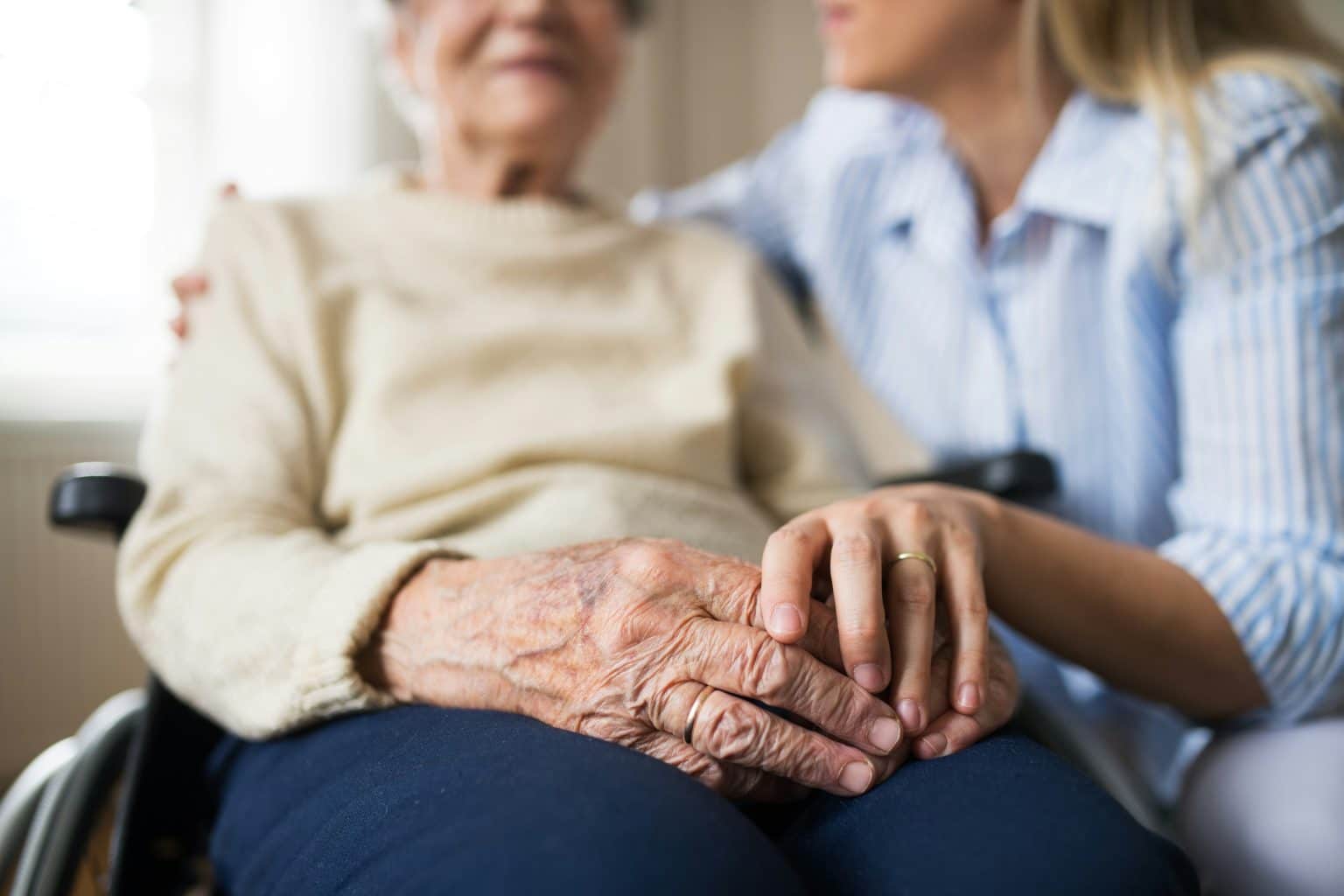End-of-life care is one of the most sensitive and profound stages of a person’s life. It is a time when comfort, dignity, and emotional support become just as significant as physical care. Yet, while we often talk about dignity in theory, true equality in end-of-life care means ensuring every individual, regardless of background, beliefs, or circumstances, is treated with compassion, respect, and humanity.
This stage of life is not just about clinical needs. It is about honouring a person’s identity, values, choices, and their right to experience care that acknowledges their voice. Whether someone is at home, in a care setting, or in a hospital, dignity should be at the heart of every interaction and every decision.
What Dignity Looks Like in Practice
Dignity in end-of-life care involves more than kindness. It is about recognising and protecting a person’s autonomy, comfort, privacy, and emotional well-being. It means asking, not assuming. Listening, not directing. It is about respecting personal preferences, whether they relate to cultural traditions, spiritual beliefs, communication needs, or simply how someone wishes to spend their remaining time.
Equality in care means every individual receives this level of respect, regardless of their health condition, age, financial status, or cognitive abilities.
Supporting Emotional and Psychological Needs
End-of-life care is not just a physical process. It is deeply emotional for both the individual and their loved ones. Compassionate care involves providing emotional stability. This could mean offering opportunities for meaningful conversations, helping families capture memories, or simply sitting quietly with someone so they feel less alone.
Ensuring access to emotional support should be considered a right, not a luxury. Every person in this stage of life deserves reassurance, connection, and peace.
Respecting Identity, Culture, and Personal Beliefs
True equality means recognising that end-of-life care is not the same for everyone. Cultural customs, religious rituals, and personal beliefs influence how individuals perceive dignity, comfort, and closure. A respectful carer takes time to understand these wishes, helping create an experience that truly honours identity.
This could involve arranging time for prayer, enabling special visits, or simply ensuring familiar objects, music, or photos are close at hand. These acts may seem small, but they protect dignity, provide comfort, and offer a sense of meaning.
Choice, Control, and Informed Decisions
A crucial element of equality in end-of-life care is ensuring individuals are included in decisions about their care for as long as possible. Even in moments of vulnerability, people should have a say in how they are cared for, who is involved, and what they feel comfortable with.
This respect for autonomy reduces anxiety and helps individuals feel valued. It also allows families to feel confident that their loved one’s wishes are being honoured, even when they may not be able to express them clearly.
Why Family Support Matters
Families often play an important role during this time, providing not just love and reassurance but also acting as advocates for their loved one’s needs. However, families too deserve care, guidance, and emotional support.
For families seeking compassionate end of life support, specialised care services can provide comfort and help ensure that both the individual and their loved ones receive personalised care, emotional reassurance, and a sense of dignity.
Ensuring Care Is Inclusive and Accessible for All
Equality in end-of-life care means ensuring the same standards of care are available to everyone. Nobody should feel excluded because of where they live, what they believe, or what support they have access to. Whether through healthcare professionals, community services, or specialist carers, the right care should be accessible to all.
This includes clear communication, emotional support, safe environments, and respect for personal values. No one should feel unseen, unheard, or rushed in their final chapter.
The Heart of Equality Is Compassion
End-of-life care is not about prolonging life at all costs. It is about enhancing quality of life in the time that remains. It is about making space for dignity, love, memories, comfort, and human connection.
True equality means recognising that every person deserves not only care but dignity, respect, and compassion, regardless of their circumstances.
In the end, dignity is not just an ideal but a basic human right, and ensuring that every individual experiences it through thoughtful, compassionate care is the true essence of equality.

